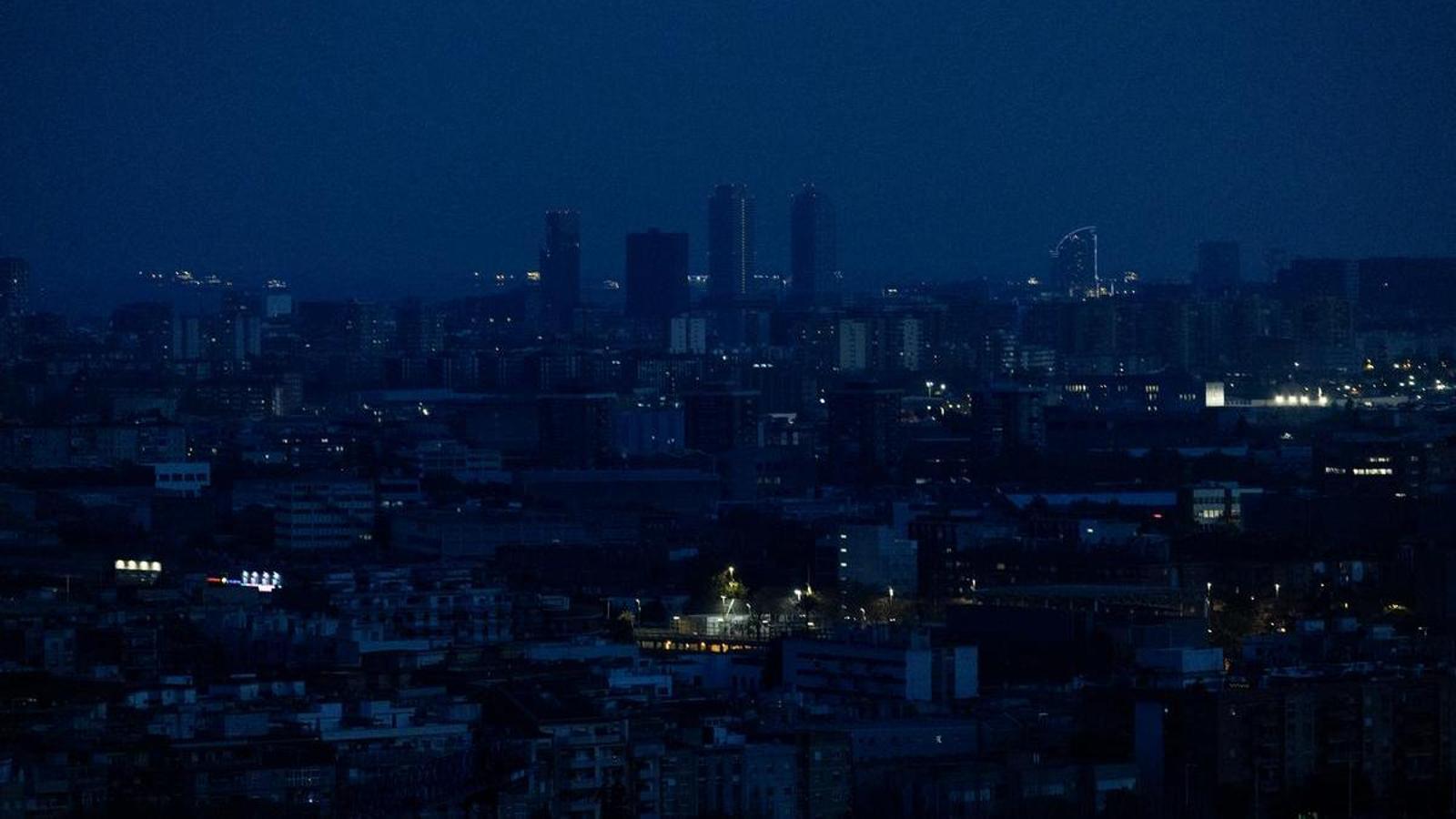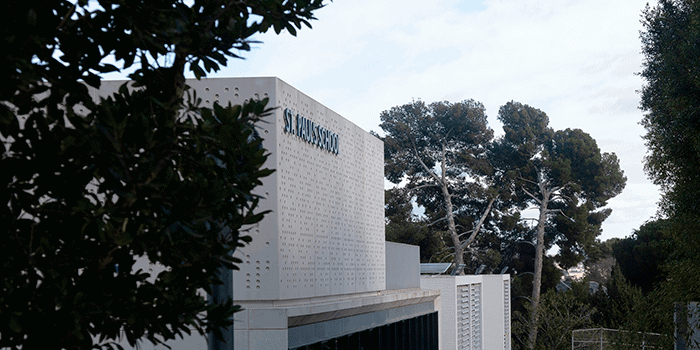Last week, a blackout in Spain unexpectedly reminded us of something important: that education doesn’t depend on electricity—it depends on connection, curiosity, and community.
While mobile networks dropped and Wi-Fi signals vanished, something remarkable happened at St. Paul’s School: learning didn’t stop.
Life Without Power, But Not Without Purpose
As much of the city paused to understand what had gone wrong, our classrooms remained full of energy. Younger students barely noticed the blackout. They read stories, played games, and continued their lessons with the same joy and focus as any other day.
Even when the lights went out in the lunchroom, our team adapted with incredible calm and creativity. Some children saw it as an inconvenience, others as an unexpected adventure—but all were cared for, fed, and kept safe.
Of course, the outage didn’t go entirely unnoticed. Our Bachiller students, about to begin their final exams, had to hit pause. Their reaction? Relief. An extra day to revise, reflect, and breathe—a gift in disguise.
Outside our walls, Barcelona rediscovered an old rhythm. Without screens or distractions, neighbours gathered, radios played, and children spilled into the streets. For a few precious hours, the city looked up and reconnected—with nature, with each other, with the present.
What Really Powers Learning
The experience was a powerful reminder: while digital tools are valuable, they are not the heart of education. The true engine of learning lies in children’s natural curiosity, their relationships with teachers, and the shared rhythm of the school day.
Technology enhances learning—but it does not define it. To all our families: thank you for your trust, flexibility, and calm. Whether picking up your children when you could, or simply trusting that all was under control, your support made everything easier.











